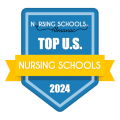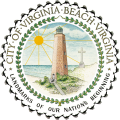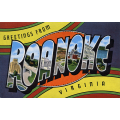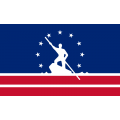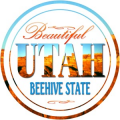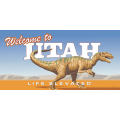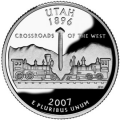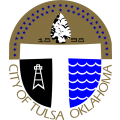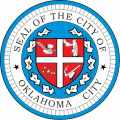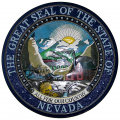For our 2024 rankings, the research team at Nursing Schools Almanac collected data on nearly 3,000 nursing schools and campuses throughout the United States. We evaluated each school on three dimensions:
Search for nursing schools and programs in your state:
Nurses play a critical role in the recovery of patients in every healthcare environment. All nurses – including certified nursing assistants (CNAs), licensed practical nurses (LPNs), and registered nurses (RNs) – are at the forefront of delivering quality healthcare to the residents of Virginia Beach.
Overview of nursing programs
Roanoke’s prospective nurses can pursue one of three major nursing roles. All nursing roles will experience faster-than-average employment growth over the coming decade. However, there are important differences in job scope, education requirements, and compensation.
Certified nursing assistant (CNA)
Certified nursing assistant is the most junior nursing role. To become a CNA, students must complete a brief certificate program and sit for a state-administered examination to obtain licensure. CNAs in Roanoke, Virginia, earn roughly $22,500 per year.
It’s an exciting time for the nursing industry. The Bureau of Labor Statistics reports that the industry will enjoy faster-than-average growth for the 2012-2022 decade. This means that aspiring nurses can expect a large number of employment opportunities for many years to come. This expectation is cemented by the behavior of major healthcare employers such as the Department of Veterans Affairs, which is on the lookout for new nurses to fill a host of positions.
Overview of nursing programs
The total financial cost of completing a nursing program can be significant. Nursing students should understand the various cost components in depth before selecting a nursing school and program. The most significant cost components of nursing education are tuition, books and supplies, room and board, and miscellaneous living expenses.
Private nursing schools are funded primarily by students, alumni, and private organizations. They receive no direct financial support from the state government. Private school students are often willing to pay a premium for their education, since these schools offer enhanced prestige, lower student-to-teacher ratios, and a more personalized learning environment. Utah’s private nursing schools offer prelicensure programs for two roles: registered nurse (RN) and advanced practice registered nurse (APRN).
Public nursing schools receive substantial funding and administrative assistance from the government. They are an excellent option for individuals with tight financial budgets, since public nursing schools have lower tuition fees than their private counterparts. Public school students also benefit from using state-approved syllabi and methods of instruction. Utah’s public nursing schools offer prelicensure programs for all four nursing roles: certified nursing assistant (CNA), licensed practical nurse (LPN), registered nurse (RN), and advanced practice registered nurse (APRN).
It is crucial for aspiring nurses to understand the different pathways available for a nursing career. We profile below the key nursing roles in Tulsa, Oklahoma, including the educational requirements and typical pay of each.
Certified nursing assistant
Nurses are increasingly in high demand throughout the Oklahoma City metropolitan area. Students considering a nursing career should learn more about the three critical nursing roles.
Certified nursing assistant
Many of the nation’s top colleges are private. Private colleges typically offer an excellent student-to-faculty ratio, a unique curriculum, and a close-knit school community. Private institutions also tend to be associated with prestige. Private schools are often more expensive than public schools since they are not subsidized by the state government. However, for many aspiring nurses, the benefits of a private school education more than justify the increased cost.
Overview of private nursing schools
Public colleges and universities are government-supported institutions that offer education at a subsidized rate. Although students can attend a public school at much lower cost than a private school, public institutions still offer top-notch education. Nevada is home to several notable public schools with nursing programs, including College of Southern Nevada, University of Nevada, and Nevada State College.
Overview of public nursing programs


